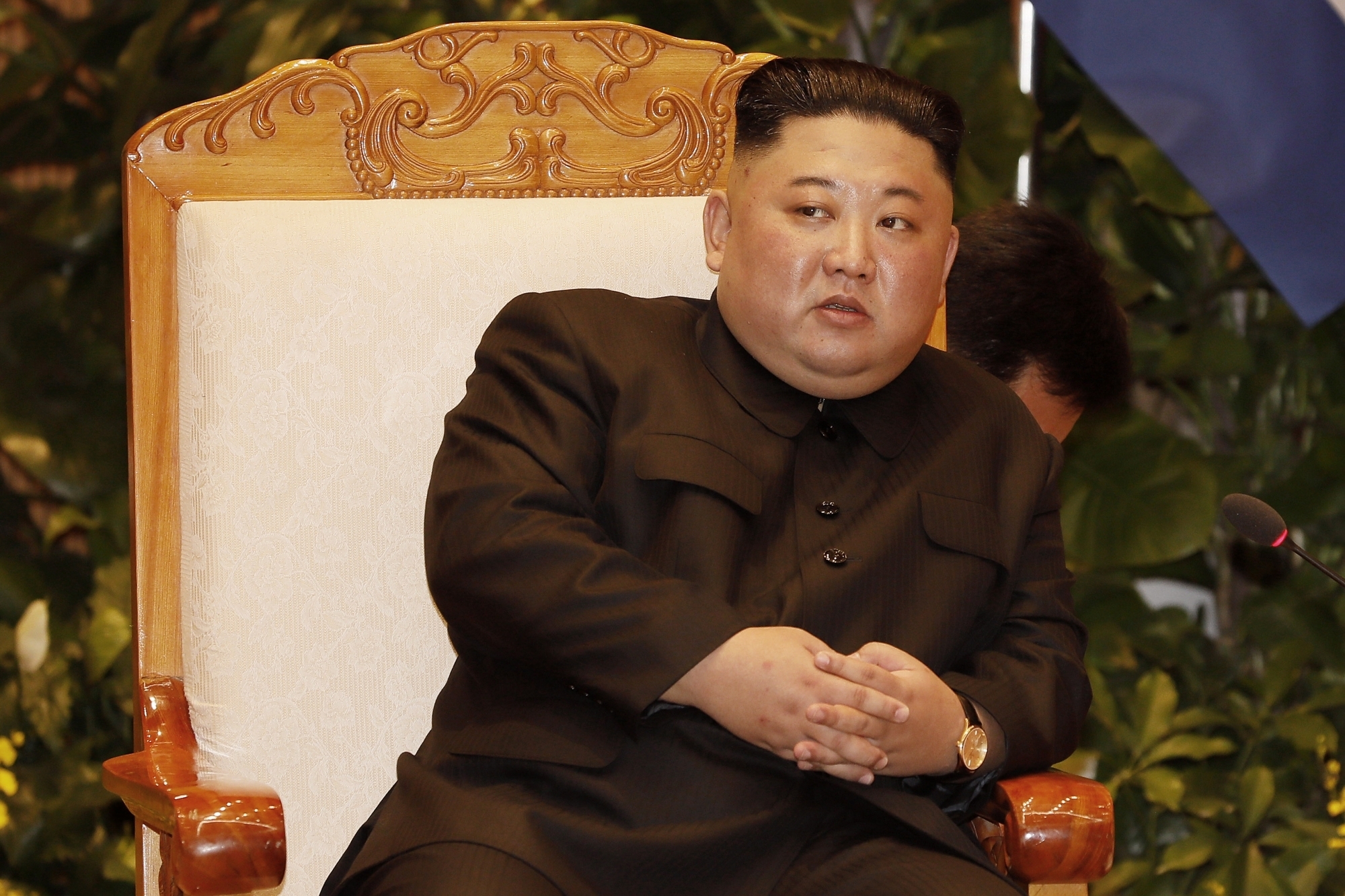Trump announces US withdrawal from World Health Organisation
Trump has long been critical of the WHO, and his administration formally withdrew from the organisation in July 2020 as the Covid-19 pandemic continued to spread.
KCNA reported the party vowed to direct all efforts to the farm sector this year and discussed ways to tackle the pandemic

North Korean leader Kim Jong-un. IANS
North Korean leader Kim Jong-un admitted that the country needed to tackle a “tense” food situation caused by the pandemic and last year’s typhoons.
Although Pyongyang claims to be unscathed by Covid-19, Kim called for the North Korean public to brace for a longer period of virus restrictions.
Advertisement
The local KCNA agency reported that Kim reviewed progress on some major policies and the party’s central committee set goals as part of the latest five-year economic plan outlined in February.
Advertisement
Kim claimed the economy had improved overall in the first half of the year, citing an increase in total industrial output of 25 per cent.
However, there had been “a series of deviations” in the party’s efforts to implement economic growth.
He pointed out the tight food supplies across the country as one of several obstacles.
Kim said: “The people’s food situation is now getting tense, as the agricultural sector failed to fulfil its grain production plan due to the damage by typhoons last year.”
KCNA reported that the party vowed to direct all efforts to the farm sector this year and discussed ways to tackle the pandemic.
Kim called for steps to minimise the impacts of natural disasters as a lesson from last year and key to attaining this year’s goals.
Covax, which secures vaccines for poor countries, had said it will provide nearly two million doses of AstraZeneca’s Covid-19 vaccine to North Korea.
But the shipment has been delayed.
A Covax official had said that “countries that want Covax support are required to hold various consultations and submit some documents including an inoculation plan”.
“But in North Korea’s case, such consultations have been prolonged and it appears that the shipment will be made later than initially planned.”
KCNA also reported that Kim called for discussions on how the North should deal with the “current international situation”, though it did not mention any specific comments from Kim about the US or South Korea.
Experts are yet to see evidence of mass starvation or major turmoil but some say conditions could foment a “perfect storm” of crises in food and other markets, triggering public panic.
The Korea Development Institute, a South Korean government think tank, said last month the North could face food shortages of around a million tonnes this year.
Leif-Eric Easley, a professor of international studies at Ewha University in Seoul, said: “While the report was short on specifics, the party meeting does provide more clues about how serious food and consumer goods shortages are becoming in North Korea. Extended pandemic border restrictions are taking a toll on the economy as price and exchange rate indicators appear to be worsening.”
Advertisement